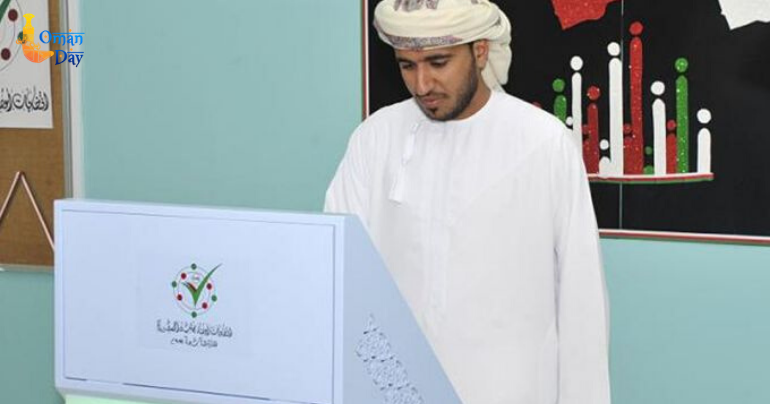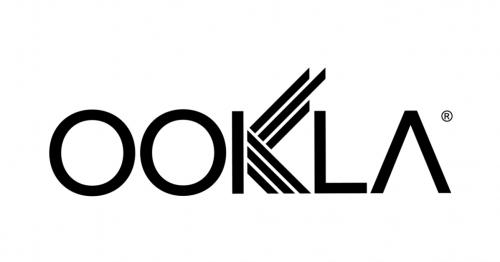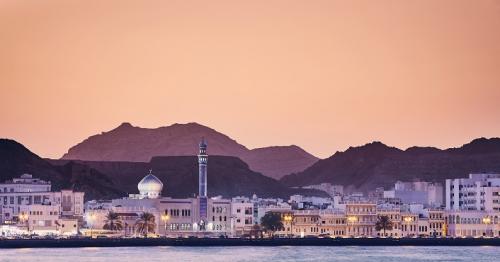Progress in elections and judicial system
In the ninth term of Majlis Ash'shura elections, held on Oct 27, Oman witnessed several turning points - such as electing more women to the Shura Council, and using technology for efficient voting.
The Shura Council, the lower house of the Oman Council, enjoys extensive legislative and oversight powers. It examines draft laws, development plans, the State's annual budget, and economic and social agreements.
The elections mark one of Oman's highlights for its 49th National Day on Nov 18, among the achievements for the country in 2019.
According to the Higher Committee and the Main Committee for the Majlis Ash'shura 9th Term Elections, 350,581 Omanis cast their votes this year.
Nasser bin Sulaiman al Sibani, Deputy Chairman of the Public Authority for Radio and Television, and Chairman of the media committee for the elections, told Oman Daily Observer that having two elected female candidates is a positive indication for women's participation in the elections, and the overall voter turnout reflected political awareness of the Omanis.
Talal bin Ahmed al Sa'adi, Secretary of the Main Committee of Elections, noted: "The members of the Majlis Al Shura elected, reflect the choices of Omani voters, their hopes for the ninth term of the Majlis Al Shura, and their discharge of their legislative and supervisory functions and powers as per the Legislative System promulgated by the Royal Decree (101/96) on Nov 6, 1996, and its amendments."
Judicial supervision under the judicial system is part of the goal to support and facilitate Oman's development. The Supreme Judicial Council was established by Royal Decree No (9/2012), and is under the chairmanship of His Majesty Sultan Qaboos bin Said.
Among the Supreme Judicial Council's aims are "consolidating values, ideals and ethics of judicial work, taking care of its systems" and working on the independence and development of judiciary in Oman.
Oman is also reportedly one of the few Gulf states that encourage women to join politics. In 1994, it was the first Gulf state to give women the right to vote and stand for public office, and in 2004, Oman's first female minister, responsible for higher education, was appointed.
All these are small and steady strides Oman is making to give women their voice in politics. The ninth term of Majlis Ash'shura elections also marked the move to embracing technology, to encourage voters at home and overseas.
The Ministry of Interior, which oversees the voting process, introduced several enhancements, such as online registration at the Electoral Register, electronic logging for those wanting to contest the elections, and a touch-screen device. The device, called Swatak, or Your Voice in English, was deemed a major achievement. "The device … was developed during years of hard work of our national cadre," said Mr Al Sa'adi.
The Ministry of Interior also launched an online system for voters from outside the Sultanate, through a smartphone application that operates an authenticated PKI-enhanced SIM card, used by telecommunication companies in the Sultanate.
Mr Al Sa'adi added that the elections were "electronic" across the entire process, from new voter registration to the announcement of candidates and voters, as well as operations. There were 994 voting machines distributed to 110 polling stations, and Bausher, Thamrait, and Khasab included a voting centre for women, so that voters outside their wilayats could cast their votes easily.
tag: omannews , latestnews , news , omanday , elections , women
Share This Post






